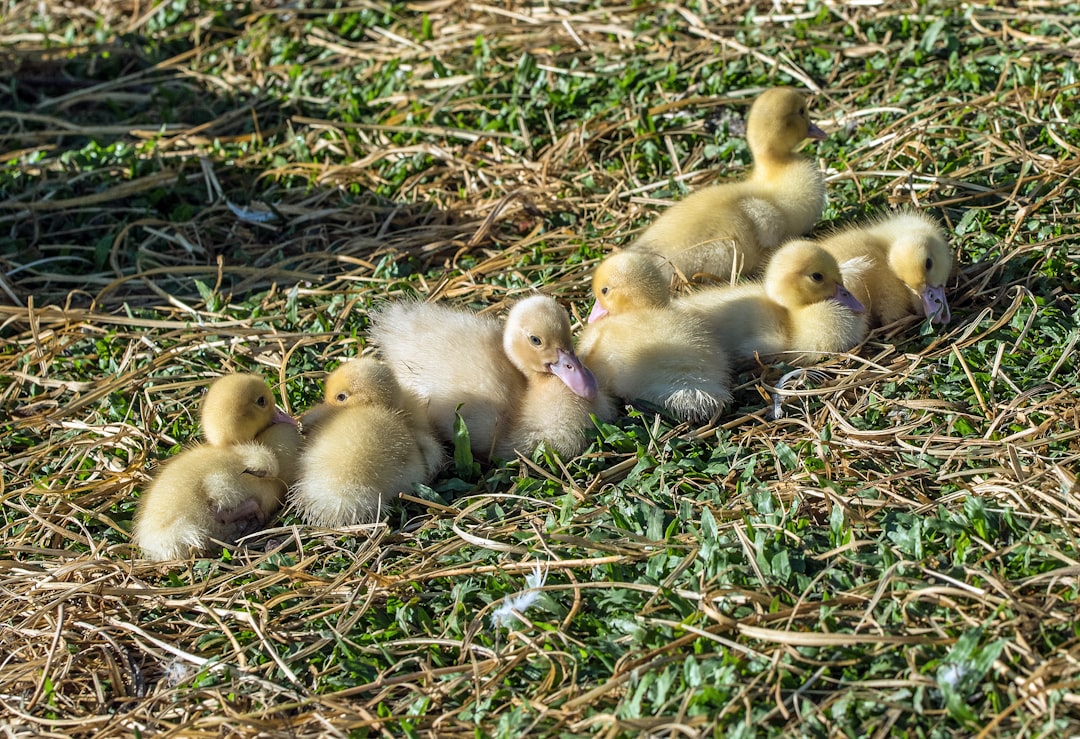Backyard farming is growing in popularity, and ducks are emerging as a fantastic alternative—or complement—to chickens. Ducks are hardy, low-maintenance birds that provide delicious eggs, natural pest control, and excellent weeding capabilities. Whether you have a small suburban yard or a larger homestead, ducks can be a rewarding addition to your backyard farm.
In this guide, we’ll cover the benefits of raising ducks, how to care for them, and what you need to get started.
Why Raise Ducks in Your Backyard?
Ducks offer a range of benefits for backyard farmers:
1. High-Quality, Nutritious Eggs
Duck eggs are larger than chicken eggs and have:
✔ More protein and healthy fats
✔ A richer taste, ideal for baking
✔ Longer shelf life due to a thicker shell
Popular egg-laying duck breeds include:
-
Khaki Campbell (up to 300 eggs per year)
-
Indian Runner (prolific layers, up to 250 eggs per year)
-
Welsh Harlequin (docile and great layers)
2. Natural Pest Control
Ducks are excellent foragers and eat:
-
Slugs and snails (which harm vegetable gardens)
-
Mosquito larvae, flies, and beetles
-
Grasshoppers, caterpillars, and other pests
Unlike chickens, ducks are less likely to scratch up your garden while hunting for bugs.
3. Efficient Weeders
Ducks love eating broadleaf weeds and small invasive plants. They can help keep garden beds and pathways free of unwanted vegetation without damaging established crops.
💡 Tip: Allow ducks to roam in orchards and garden areas before planting season to clear weeds without harming crops.
4. Hardy and Low Maintenance
Ducks are more resilient than chickens in extreme weather conditions:
-
They tolerate cold temperatures better due to their thick down feathers.
-
They are less prone to respiratory diseases.
-
They require minimal shelter compared to chickens.
5. Friendly and Fun to Raise
Ducks have charming personalities and are known for being social and interactive. They can be trained to follow routines, making them easy to manage.
What You Need to Raise Backyard Ducks
1. Choosing the Right Duck Breed
Some ducks are better for eggs, while others are good for meat or ornamental purposes.
Breed Best For Egg Production (Yearly) Personality Khaki Campbell Egg production 250-300 Active, friendly Indian Runner Egg production 200-250 Energetic, upright posture Pekin Meat & eggs 150-200 Docile, social Welsh Harlequin Eggs & friendly pets 200-280 Calm, friendly Muscovy Meat & pest control 80-120 Quiet, independent2. Housing and Shelter
Ducks don’t need elaborate housing but require a safe and dry place to sleep.
-
Space Requirements: At least 4-6 square feet per duck inside a coop and 10-15 square feet per duck in an outdoor run.
-
Bedding: Straw or pine shavings keep ducks comfortable and absorb moisture.
-
Ventilation: Proper airflow prevents mold and ammonia buildup.
-
Predator Protection: Ducks are vulnerable to foxes, raccoons, and dogs. Secure the coop at night with strong fencing and a locked door.
💡 Tip: Unlike chickens, ducks don’t roost on perches—they prefer to sleep on the ground.
3. Water Needs
Ducks need constant access to clean water for drinking, preening, and digestion.
-
Drinking Water: Provide a deep bowl so they can dip their heads and clean their nostrils.
-
Splashing & Bathing: A kiddie pool or small pond helps keep ducks happy and healthy.
-
Mud Management: Ducks can create muddy areas, so use gravel, straw, or wood chips around water sources.
Feeding and Nutrition
-
Duck Starter Feed (for ducklings): 18-20% protein, non-medicated.
-
Layer Feed (for laying ducks): 16-18% protein with added calcium for strong eggshells.
-
Foraging Diet: Ducks love greens, bugs, and small fish if given access to natural water sources.
🚫 Avoid feeding ducks: Bread, processed food, avocado, onions, and salty snacks.
💡 Tip: Supplement with oyster shells or crushed eggshells to support eggshell strength.
Health and Common Issues
Ducks are generally healthy, but watch for:
-
Bumblefoot: A bacterial infection from walking on rough surfaces. Keep bedding clean and soft.
-
Wet Feather Syndrome: Caused by poor waterproofing; ensure ducks have access to clean water for preening.
-
Niacin Deficiency: Ducks need more niacin (vitamin B3) than chickens. Add brewer’s yeast to their feed to prevent leg problems.
Ducks vs. Chickens: Which Is Right for You?
Feature Ducks Chickens Egg Size & Taste Larger, richer yolk Smaller, milder taste Egg Production 200-300 per year 250-320 per year Pest Control Excellent (snails, slugs) Good (insects) Weeding Great for broadleaf weeds Can scratch up plants Noise Level Quieter (except Muscovy) Loud clucking & crowing Housing Needs Minimal roosting space Need perches and nest boxes Hardiness Tolerates cold well Can struggle in extreme cold Maintenance Need water access Drier, less mess💡 Best Option? If you want quiet, hardy, and pest-controlling birds, ducks are a great choice. If space is limited and you prioritize egg production, chickens might be better.
Final Thoughts
Raising backyard ducks is a fun, rewarding experience that provides fresh eggs, natural pest control, and effective weeding. With the right setup, ducks can thrive in almost any backyard environment.
🐥 Are you thinking about adding ducks to your backyard farm? Share your thoughts and experiences in the comments!

Comments
No comments yet. Be the first to comment!
You must be logged in to comment. Login